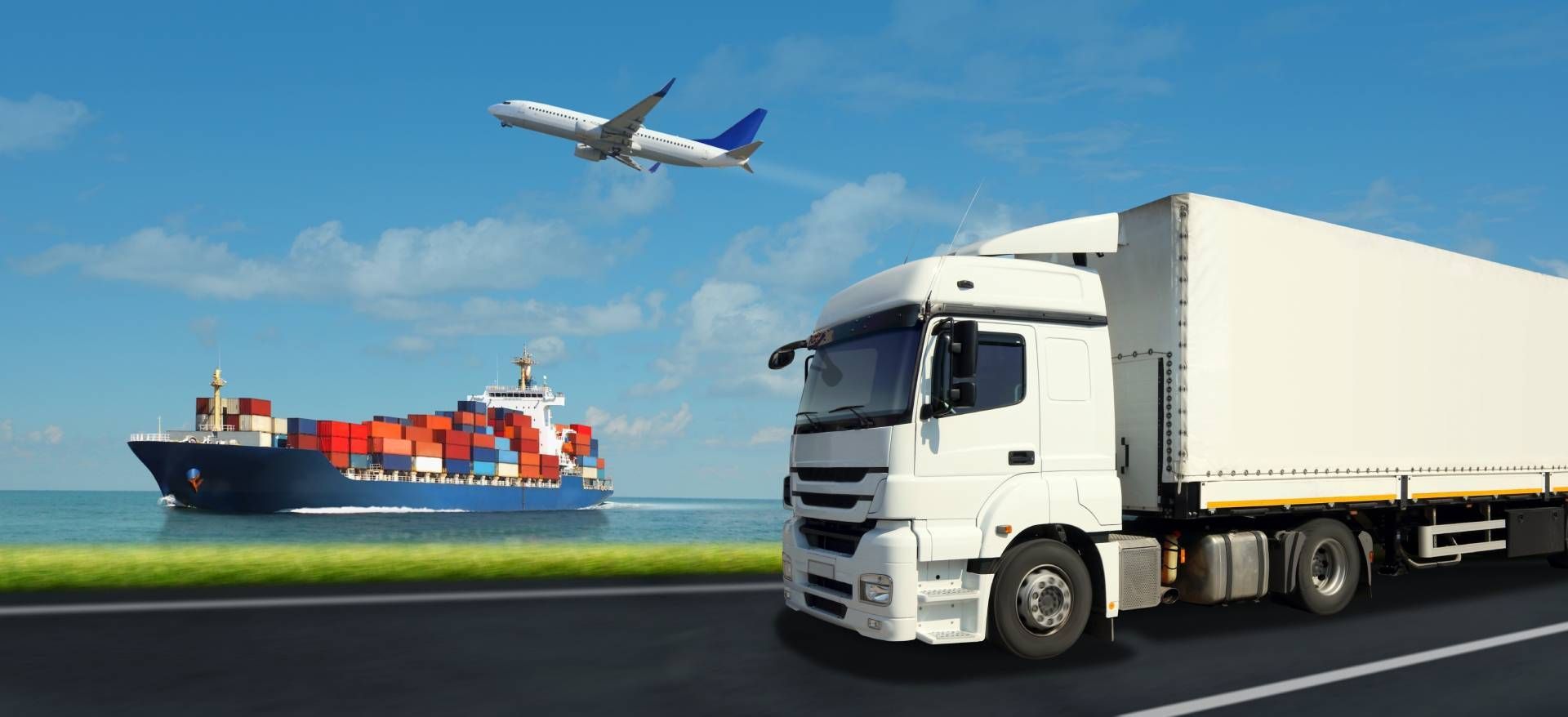Avoiding Common Pitfalls in Freight Forwarding Contracts: What You Need to Know
Freight forwarding companies like C & S Transportation take charge of the logistics of moving cargo from one location to another. There are detailed contracts between companies and clients that specify all the details of the trip and transaction; this is how both parties ensure that the freight is delivered as expected, with minimal risk. However, there are still some common freight forwarding pitfalls that can cause significant problems when proper due diligence is not applied from the outset. Here is what to watch out for, starting with the answer to a fundamental, important question:
What is a Freight Forwarding Contract?
These contracts serve as agreements between freight forwarding companies and shippers. The terms and conditions for the services are explained in detail, like the scope of the work, logistics, liability, and payment agreements. But even with all of these things ironed out at the beginning, there are problems that can arise during the trip that will only lead to disaster. Being aware of these common pitfalls and taking action to prevent them from the start will ensure that everything is smooth sailing from the outset.
Five Freight Forwarding Pitfalls
1. Logistics Strategy Misalignment
A freight forwarding company’s logistics strategy should be totally in sync with your operational obligations. Ask about their capabilities and performance standards, including supply chain partners and peak demand periods. For example, if you need international multimodal transportation involving planes, ships, and trucks, a small freight company won’t be able to provide what your company requires. Fostering collaboration and emphasizing clarity at the outset lay the groundwork for a solid working relationship.
2. Getting Ambushed by Liability Issues
Liability is one of the most severe freight forwarding pitfalls since an accident or other problem can lead to financial disaster. Don’t wait until a liability issue arises the contract must detail which party is responsible for natural disasters and what recourse will be taken. Be sure that you understand what the laws specify and have the appropriate insurance coverage.
3. Not Setting Baselines for Metrics
A well-designed freight forwarding contract will include baselines for metrics based on goals. This is how companies monitor logistics performance that later gets analyzed in reports. The terms should be concise, with verifiable metrics and clear boundaries.
4. Not Knowing Who to Contact
In many companies, logistics managers might serve as points of contact with freight forwarding companies but need external authority to sign contracts. This authority can lie in the domain of purchasing departments, who might negotiate different terms that become obvious when it’s too late. We recommend choosing a reliable team to manage the process, with specific points of contact for each element of the contract.
5. Choosing a Freight Forwarding Company Based on Price Alone
Company logistics managers and purchasing departments always hope to save money, but the lowest contract price bid needs to indicate the best service. The contract should also have processes to avoid pitfalls and be easy to understand. Feel free to ask for references and to discuss the contract with your team before making the final decision.
C & S Transportation Protects Customers From Freight Forwarding Pitfalls
Looking to streamline your freight shipping process, avoid pitfalls, and maximize profits? C & S Transportation specializes in customized freight transportation plans for FTL and LTL multimodal and intermodal freight transportation. Our logistics management and network planning services exceed industry standards, and we’re happy to explain how and why to you in detail. Contact us for a quote today – our main office is in Nicholasville, KY, and our coverage area is the entire U.S., coast-to-coast.












